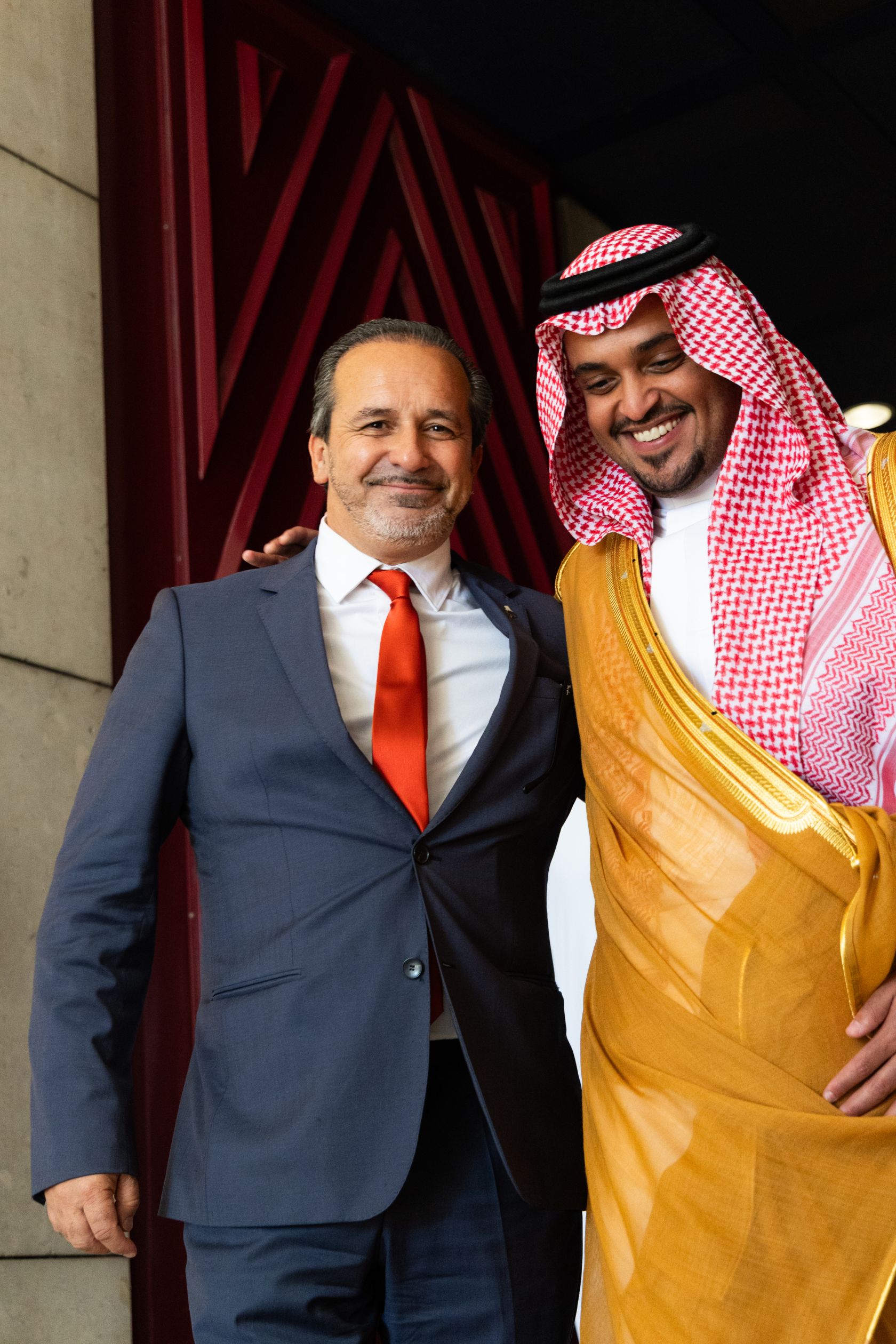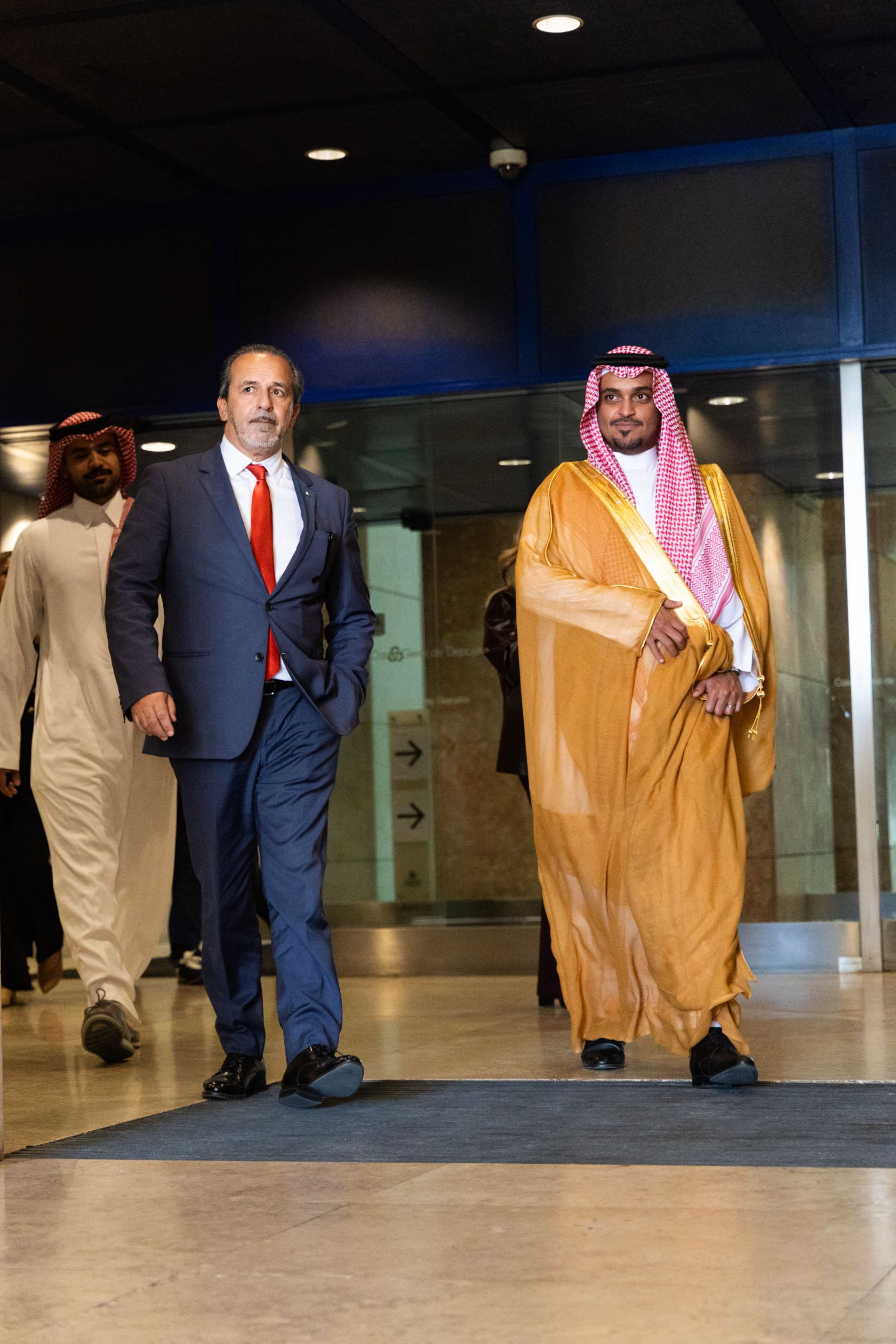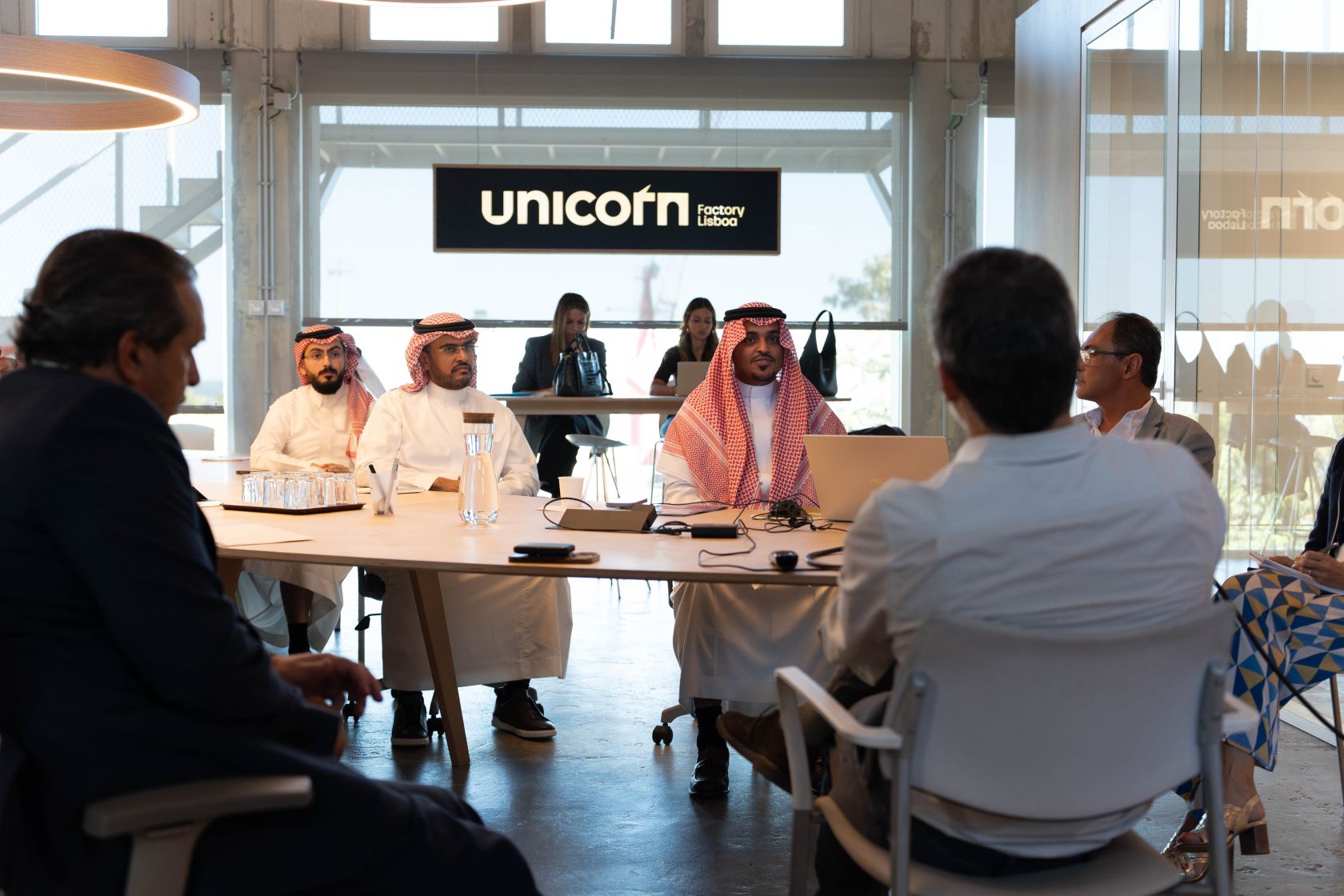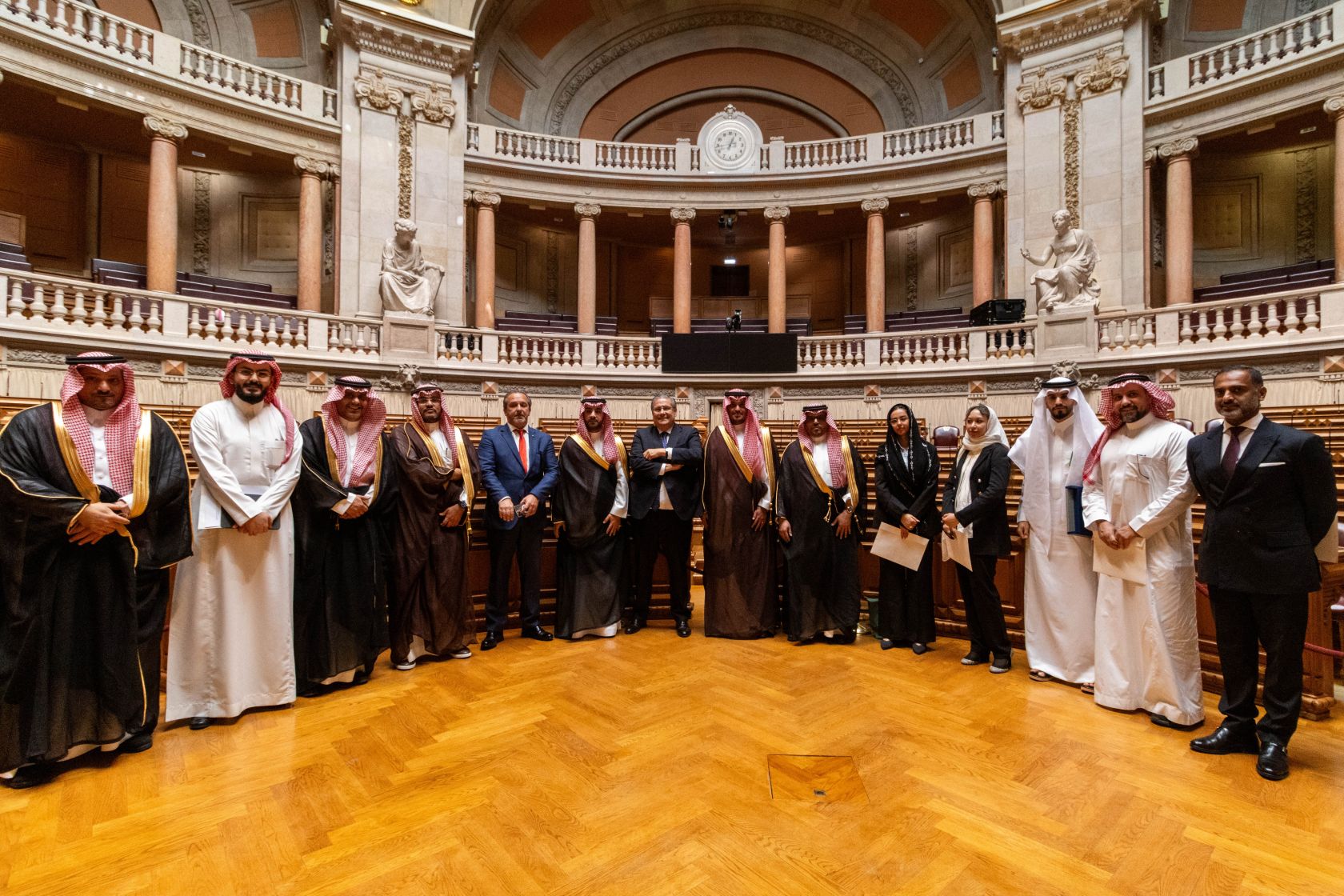There were days of relevant meetings in Parliament, AICEP and the Luso-Saudi Private Sector Forum in Taguspark, which had an international echo. More than a protocol visit, this presence was a rare opportunity to bring the two countries closer together around concrete cooperation projects.
The Saudis arrived in Lisbon with a clear and practical agenda. They brought representatives from the Ministry of Investment, the Ministry of Economy and Planning, the General Authority for Foreign Trade, Monsha'at and the Investment Promotion Authority. Entrepreneurs from the construction, health, technology, energy and aviation sectors also came. In the meetings, they identified areas of great potential for collaboration, from airport, port and rail infrastructures, to energy, health, innovation and startups. Partnerships were also signed between Portuguese and Saudi companies, with new forums and initiatives already scheduled. The message was clear: there is the will and capital to invest in Portugal and, at the same time, pave the way for Portuguese companies to settle in Saudi Arabia as part of its ambitious Vision 2030.

Given this interest, the big question is whether Portugal can move from protocol to action. Too often we stay for the symbolism of official visits, photographs and press releases, without resulting in transformative projects. Foreign investment continues to run into familiar barriers: excessive bureaucracy, administrative slowness, lack of coordination between public agencies and municipalities, and absence of dedicated monitoring of investors. If nothing changes, we run the risk of seeing good intentions fall by the wayside, giving the impression that Portugal is not truly prepared to raise this type of capital.

What is at stake goes far beyond one-off deals. Saudi Arabia is preparing large-scale investments, especially in the aviation, tourism and energy sectors, involving tens of billions of dollars. Integrating this movement would mean putting Portugal on the radar of one of the most relevant economic transformations of our time. Not to take advantage of it would be to miss the opportunity to diversify the economy, reduce excessive dependence on tourism and create conditions for competitive salaries that retain young Portuguese talents.

Portugal has talent, quality companies and international recognition. This week's visit showed this clearly. But talent will only be harnessed if there is vision, leadership and effectiveness on the side of public institutions. It is now up to us to transform the bridges created into concrete projects that bring investment, employment and sustainable growth.

The time for protocol has passed. Portugal's challenge is to prove that it knows how to turn intentions into action. Only then will the Saudi visit cease to be another well-intentioned occasion and become the beginning of a future of real opportunities for our economy and the country.
















